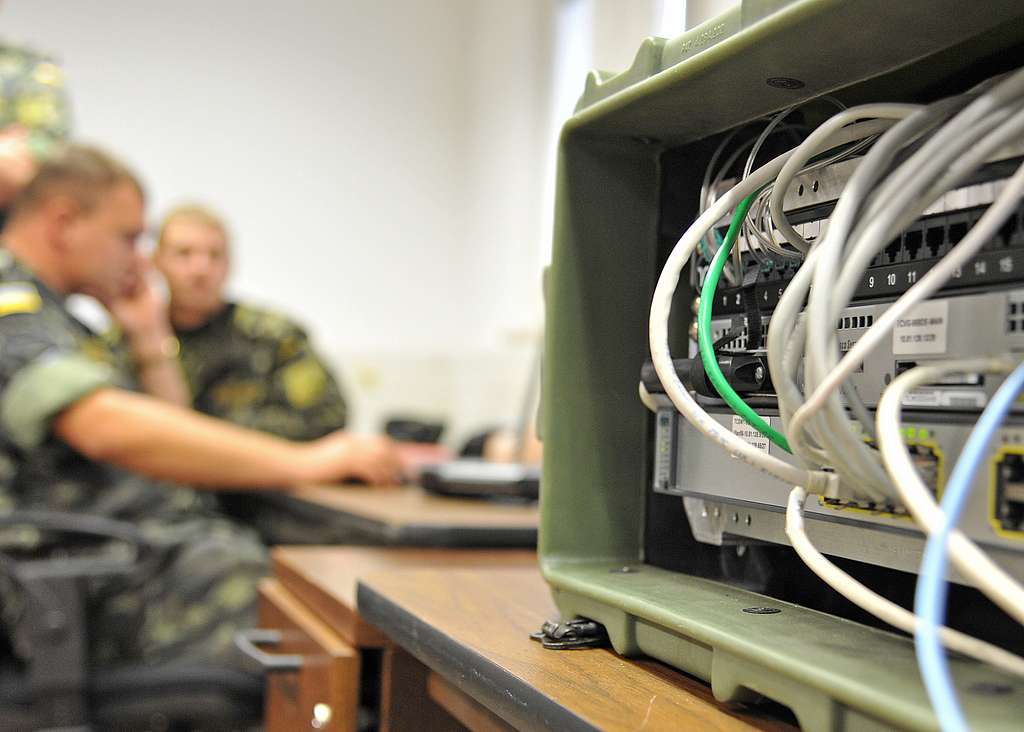The Kill or Capture List
The oral argument for the Al-Zahrani case, about which Ben just posted, took up much of my morning, so expect Headlines and Commentary tomorrow. But in the meantime, I wanted to share this very interesting article, which discusses the National Security Council panel which decides who is placed on the "kill or capture" list. The process was revealed by Rep.
Published by The Lawfare Institute
in Cooperation With

The oral argument for the Al-Zahrani case, about which Ben just posted, took up much of my morning, so expect Headlines and Commentary tomorrow. But in the meantime, I wanted to share this very interesting article, which discusses the National Security Council panel which decides who is placed on the "kill or capture" list. The process was revealed by Rep. Dutch Ruppersberger, the senior Democrat on the House Intelligence Committee:
The process involves "going through the National Security Council, then it eventually goes to the president, but the National Security Council does the investigation, they have lawyers, they review, they look at the situation, you have input from the military, and also, we make sure that we follow international law," Ruppersberger said.Reuters reporter Mark Hosenball interviewed other 'officials' about the process for adding individuals to the list:
They said targeting recommendations are drawn up by a committee of mid-level National Security Council and agency officials. Their recommendations are then sent to the panel of NSC "principals," meaning Cabinet secretaries and intelligence unit chiefs, for approval. The panel of principals could have different memberships when considering different operational issues, they said.On Obama's role in the list:
...Obama was not required personally to approve the targeting of a person. But one official said Obama would be notified of the principals' decision. If he objected, the decision would be nullified, the official said.Of particular interest are the last two paragraphs, which read:
U.S. officials contrast intelligence suggesting Awlaki's involvement in specific plots with the activities of Adam Gadahn, an American citizen who became a principal English-language propagandist for the core al Qaeda network formerly led by Osama bin Laden. While Gadahn appeared in angry videos calling for attacks on the United States, officials said he had not been specifically targeted for capture or killing by U.S. forces because he was regarded as a loudmouth not directly involved in plotting attacks.Definitely worth a read.
Raffaela Wakeman is a Senior Director at In-Q-Tel. She started her career at the Brookings Institution, where she spent five years conducting research on national security, election reform, and Congress. During this time she was also the Associate Editor of Lawfare. From there, Raffaela practiced law at the U.S. Department of Defense for four years, advising her clients on privacy and surveillance law, cybersecurity, and foreign liaison relationships. She departed DoD in 2019 to join the Majority Staff of the House Permanent Select Committee on Intelligence, where she oversaw the Intelligence Community’s science and technology portfolios, cybersecurity, and surveillance activities. She left HPSCI in May 2021 to join IQT.
Raffaela received her BS and MS in Political Science from the Massachusetts Institute of Technology in 2009 and her law degree from Georgetown University Law Center in 2015, where she was recognized for her commitment to public service with the Joyce Chiang Memorial Award. While at the Department of Defense, she was the inaugural recipient of the Office of the Director of National Intelligence’s General Counsel Award for exhibiting the highest standards of leadership, professional conduct, and integrity.





